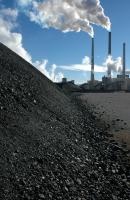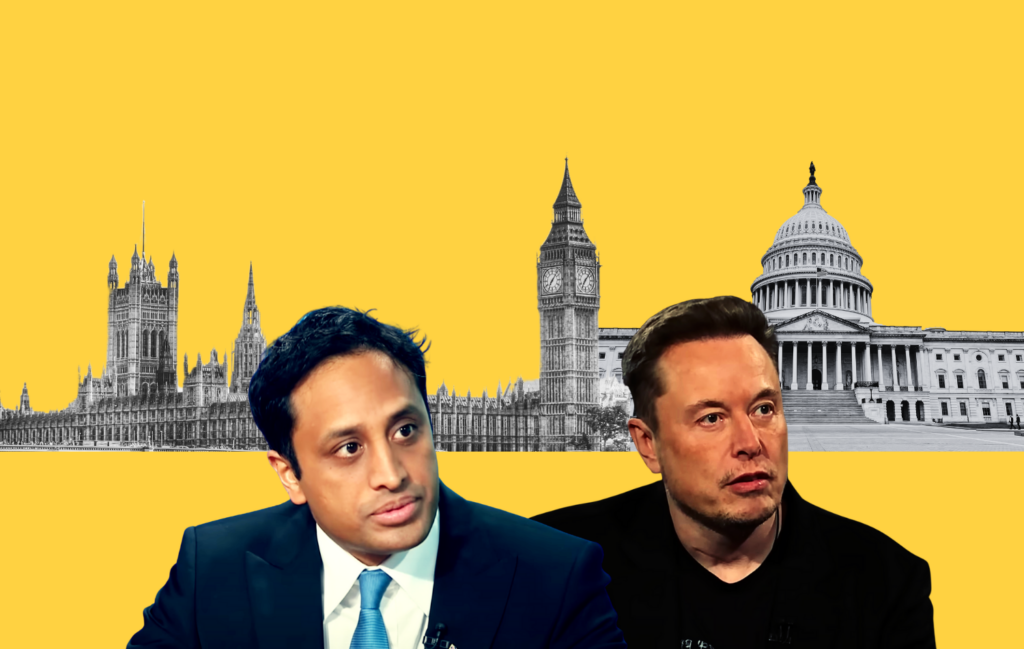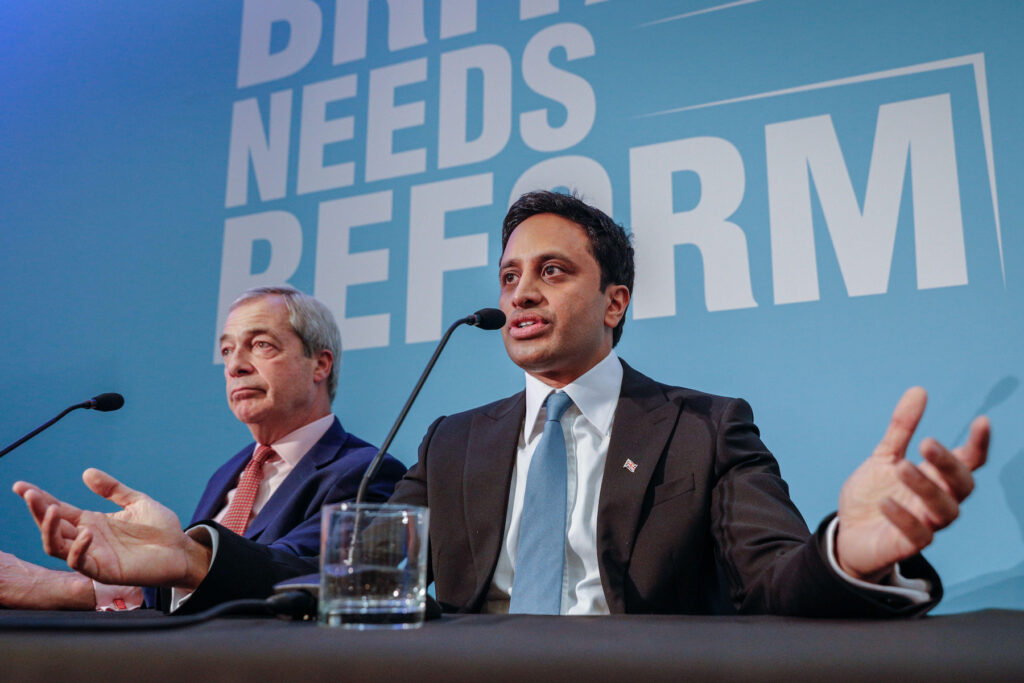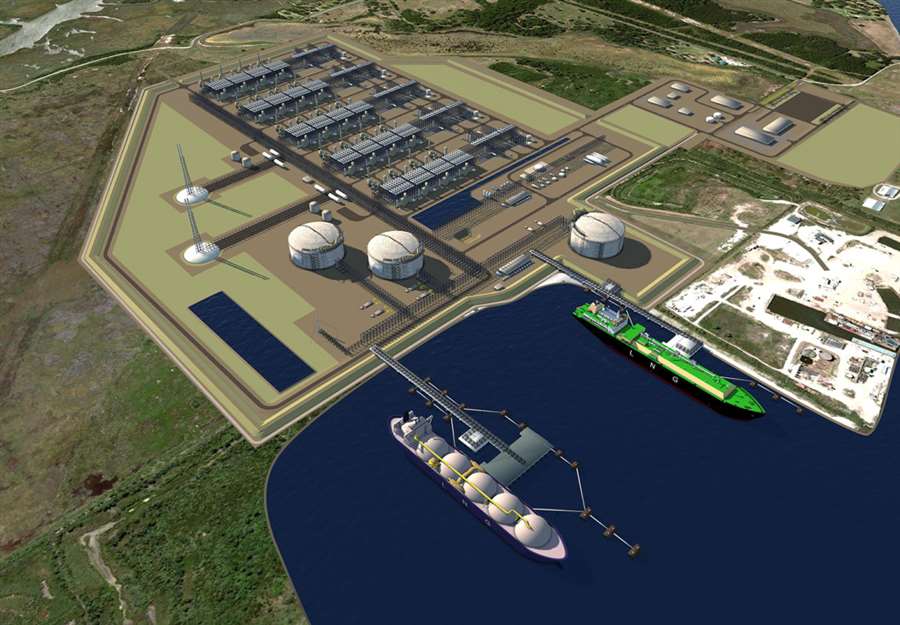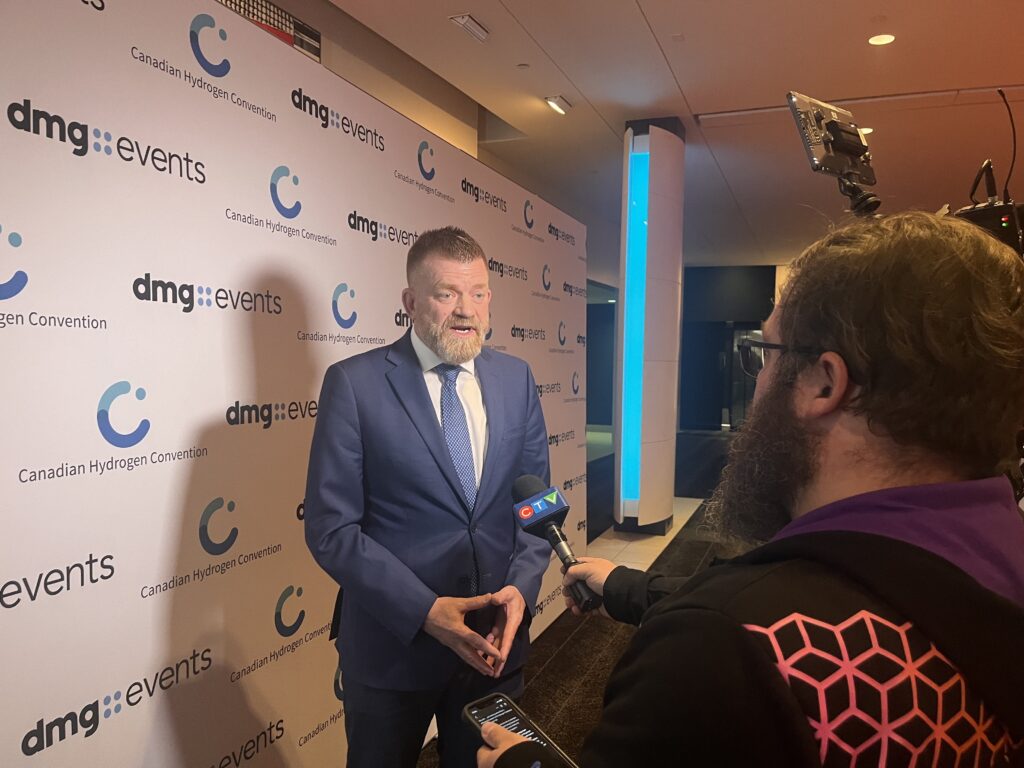They say, “Don’t worry that burning coal releases more carbon dioxide into the atmosphere than any other fuel source . We’ll soon ‘sequester’ that stuff: we’ll bury it in the ground.”
How soon?
Burying the carbon produced from the burning of coal, so called Carbon Capture and Sequestration (CCS), isn’t as simple as the coal advocates would have us think.
At the rate CCS technology is being developed, Richard Branson will have figured out how to send tourists to Moon before we see anyone storing significant amounts of carbon under our feet.
New Scientist magazine recently provided a good overview of CCS technology. It quotes a Massachusetts Institute of Technology (MIT) study called The Future of Coal, which concludes that, “the first commercial CCS plant won’t be on stream until 2030 at the earliest.”
Oil-giant Shell “doesn’t foresee CCS being in widespread use until 2050.”
If it’s going to take 30 years before we figure out how to capture carbon from coal effectively, wouldn’t it make sense to move our energy generation away from coal to renewable source like wind and solar? After all, the world’s best scientific organizations have all concluded that we have much less than 30 years to significantly reduce the amount of greenhouse gas we are pumping into the atmosphere.
But in coal country – which is to say, the United States of America – the appetite for coal profits seems to be overwhelming what might otherwise be viewed as intelligent caution.
Consider the “Americans for Balanced Energy” (ABEC), an organization that has received $40 million from coal industry giants including Peabody Energy, Duke Energy, Arch Coal and CONSOL Energy Inc. You may have seen ABEC at work: their “clean coal” advertising blitz ran heavily on CNN during Democratic Presidential Debates and Democratic Primary coverage.
One of ABEC‘s ads highlights a CCS pilot project called “FutureGen,” something that was originally hailed by the US administration as the first commercial-scale pilot project that would capture and sequester carbon and answer our global warming woes.
Not surprisingly, ABEC‘s “clean coal” ads haven’t been updated to report that the US Department of Energy pulled out of the FutureGen project in January after development estimates jumped from $800 million to $1.8 billion. So working CCS is still 40 years away, but the myth of CCS remains as a justification for building new coal-fired power plants plants today.
If the American public buys the CCS myth, hopefully Richard Branson will not only have figured out how to fly us to the moon, but to colonize it as well.
Subscribe to our newsletter
Stay up to date with DeSmog news and alerts


